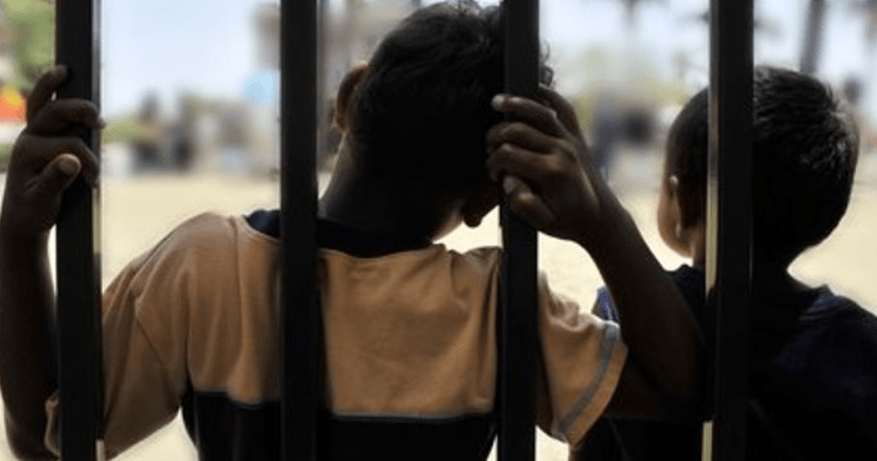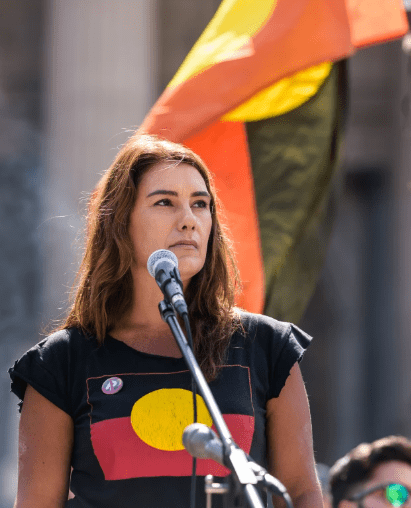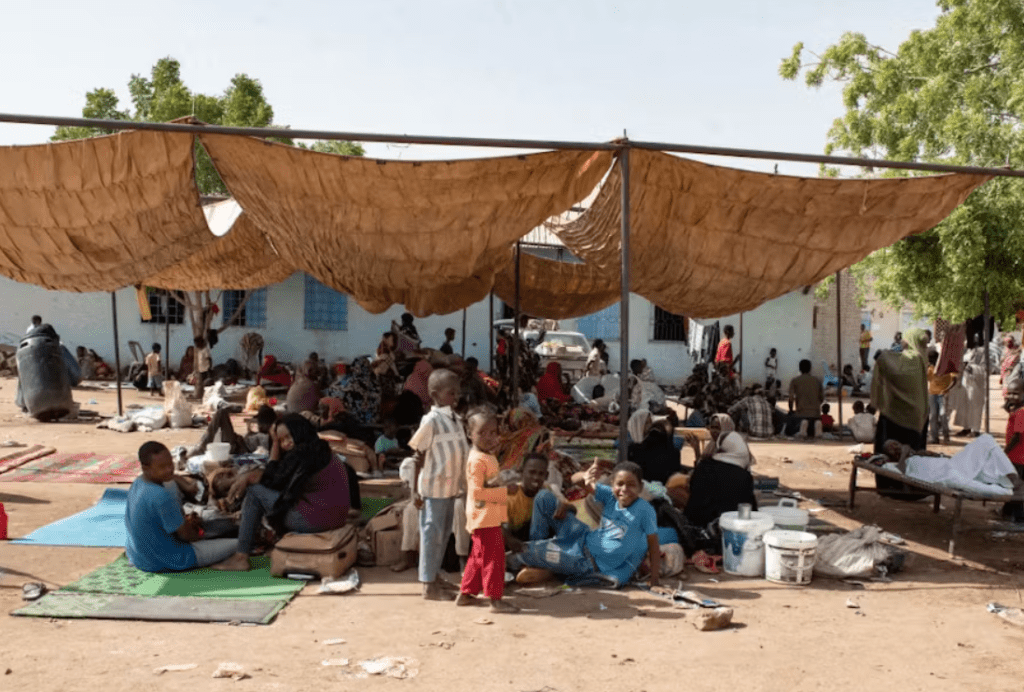A 17-year-old Indigenous boy has died while in custody at a youth detention centre in Western Australia, marking the second such death in the state within a year.
The tragedy has reignited concerns over the treatment of Aboriginal youth in the justice system. The teenager was found unresponsive in his cell at the Banksia Hill Youth Detention Centre on Thursday night, just days after his arrival on Tuesday morning.
He had reportedly entered the facility intoxicated and was initially placed in the intensive supervision unit. Authorities, however, considered him to be at low risk of self-harm or mental health issues.
During a press conference on Friday, officials revealed that the boy had been transferred to the centre’s general population and had been checked on ten times throughout the day.

It was during the 11th check, just before 10 p.m., that staff discovered him unresponsive. Despite attempts to resuscitate him with CPR, the teenager could not be revived.
The staff involved were equipped with radios and body-worn cameras, and the footage has been reviewed by the commissioner of corrective services, Brad Royce.
“I’m satisfied that their actions around what they’re doing and the way they called for support was appropriate,” Royce said. He acknowledged that the teenager had called out from his cell prior to his death, but described the cries as “innocuous and nothing,” with “no suggestion of harm.”
Corrective Services Minister Paul Papalia noted that the boy had spent time in communal areas before returning to his cell sometime after 6 p.m. There was no CCTV installed in his cell, as he was not deemed to be at high risk.
Western Australian Premier Roger Cook expressed regret over the incident, admitting that “a failure has occurred” but maintained confidence in the state’s youth detention system.
“We’ll continue to make sure we do everything we can to improve the lives of people, not only those who work at the facility but those who are at the facility,” he stated.

However, the incident has drawn sharp criticism from various quarters. Independent Victorian Senator Lidia Thorpe voiced her anger, accusing the state government of shirking responsibility.
“These deaths are entirely avoidable, and the WA and federal governments are responsible,” Thorpe said. “It shows that this premier, like all governments, refuses to take responsibility for the systems they’ve built that are killing our children. We’re already seeing the victim blaming that we have become so used to.”
Thorpe, a proud Gunnai, Gunditjmara and Djab Wurrung woman, called for federal intervention to address what she termed a “national crisis.”
The Banksia Hill Youth Detention Centre has been under scrutiny for some time due to ongoing reports of poor conditions, including self-harm, suicide attempts, and the destruction of cells.
This latest death follows that of 16-year-old Cleveland Dodd, who died in a youth detention unit at the Casuarina Prison late last year. His death, believed to be an act of self-harm, is currently the subject of an ongoing inquest that has exposed deep-seated issues within the state’s youth justice system.
Katie Kiss, Australia’s Aboriginal and Torres Strait Islander social justice commissioner, echoed the growing frustration.
“How many more tragedies and deaths in custody need to happen before we acknowledge that the current arrangements are not working?” she asked.
The Australian Human Rights Commission has since requested an urgent meeting with the WA premier to discuss child justice policy and the conditions at Banksia Hill, which has been described as being in “acute crisis.”
If you or anyone you know is experiencing mental health challenges, please contact 13 YARN on 13 92 76 or LIFELINE 13 11 14

